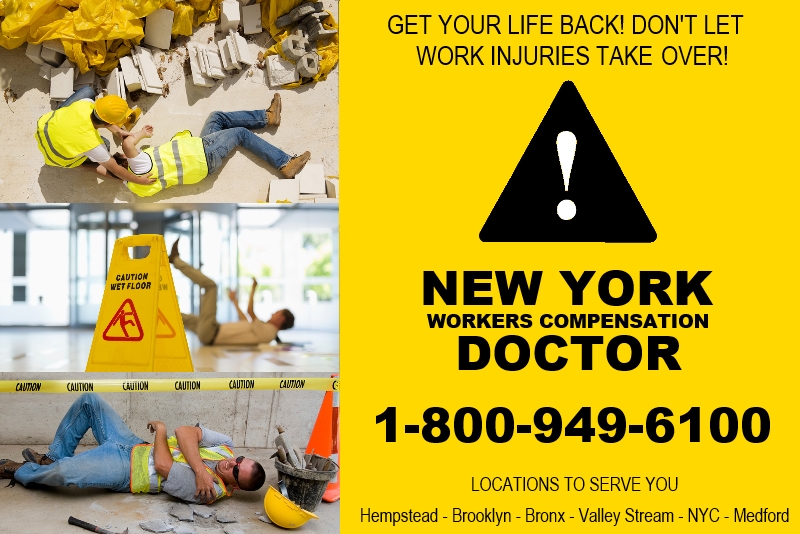Welcome Dr. Steven Ross, the New Medical Director of Premier East and Premier Physical Medicine & Rehabilitation, P.C.
Dr. Steven Ross: A Respected Leader in Injury Care Now Available Through MSR

MSR is proud to announce that Dr. Steven Ross, a board-certified specialist in Physical Medicine and Rehabilitation (PM&R), is now the Medical Director at Premier East Physical Medicine & Rehabilitation, P.C. and Premier Physical Medicine & Rehabilitation, P.C.
Dr. Ross brings over eight years of experience in personal injury care and has built a strong reputation for his expertise in treating accident-related trauma. Under the guidance of Dr. Gautam Khakhar at Physical Medicine and Rehabilitation of NY, Dr. Ross honed his skills in diagnosing and treating injuries from motor vehicle accidents, workplace injuries, and other musculoskeletal trauma. His deep knowledge of rehabilitation medicine and pain management strategies has made him a trusted provider among injured individuals and referring professionals.
Now, Dr. Ross has embarked on the next phase of his career, taking on a leadership role as Medical Director for this longstanding practice, following the retirement of Dr. Raj Tolat. With his entrepreneurial drive and commitment to excellence, he is ensuring that Premier East Physical Medicine & Rehabilitation and Premier Physical Medicine & Rehabilitation continue to be leading destinations for personal injury care.
Expertise in Treating Auto & Work-Related Injuries
Dr. Ross specializes in customized treatment plans designed to help individuals recover from accident-related injuries. His experience includes treating:
- Car accident injuries (whiplash, herniated discs, spinal trauma)
- Workplace injuries (back injuries, repetitive strain, orthopedic conditions)
- Slip-and-fall injuries (joint pain, post fracture rehabilitation, musculoskeletal trauma)
- With his background in physiatry (physical medicine and rehabilitation) and injury assessment, Dr. Ross provides the highest standard of care for individuals recovering from trauma-related conditions.
Comprehensive Injury Care, Covered by No-Fault & Workers’ Compensation
Through MSR, injured individuals can access top-tier specialists who accept no-fault insurance and workers’ compensation, ensuring hassle-free access to high-quality care. The Premier Physical Medicine & Rehabilitation network offers a full range of services, including:
- Physical Medicine & Rehabilitation (PM&R) – Specialized care to restore function after injury
- Pain Management – Non-surgical treatments for accident-related pain
- Physical Therapy – Personalized rehabilitation programs for mobility and strength
- Diagnostic & Injury Evaluations – Expert assessments for injury severity and recovery planning
- Convenient Access to Injury Specialists in New York
With MSR’s extensive network of doctors, injured individuals can quickly find the right provider for their condition, close to home. Dr. Ross and the Premier Physical Medicine & Rehabilitation teams serve:
- Bellerose, Queens
- Valley Stream, Nassau County
- Medford, Suffolk County, Long Island
Why Choose MSR?
- Access to top injury doctors in New York, New Jersey & Connecticut
- No-fault & workers’ compensation accepted for streamlined injury care
- Personalized treatment plans with specialists in rehabilitation and musculoskeletal injuries
- Seamless coordination to match injured individuals with the best providers
Need Injury Care? Let MSR Help You Find the Right Doctor
If you’ve been injured in a car accident, workplace incident, or slip-and-fall case, MSR can connect you with top injury doctors in New York, New Jersey, and Connecticut who specialize in accident-related trauma and accept no-fault insurance and workers’ compensation.
Call Today to Get Connected to a Specialist: 800-949-6100
Find an Injury Doctor Near You: painandinjury.com
With Dr. Steven Ross leading Premier Physical Medicine & Rehabilitation, injured individuals can trust that they are receiving expert, high-quality injury care from experienced specialists.




